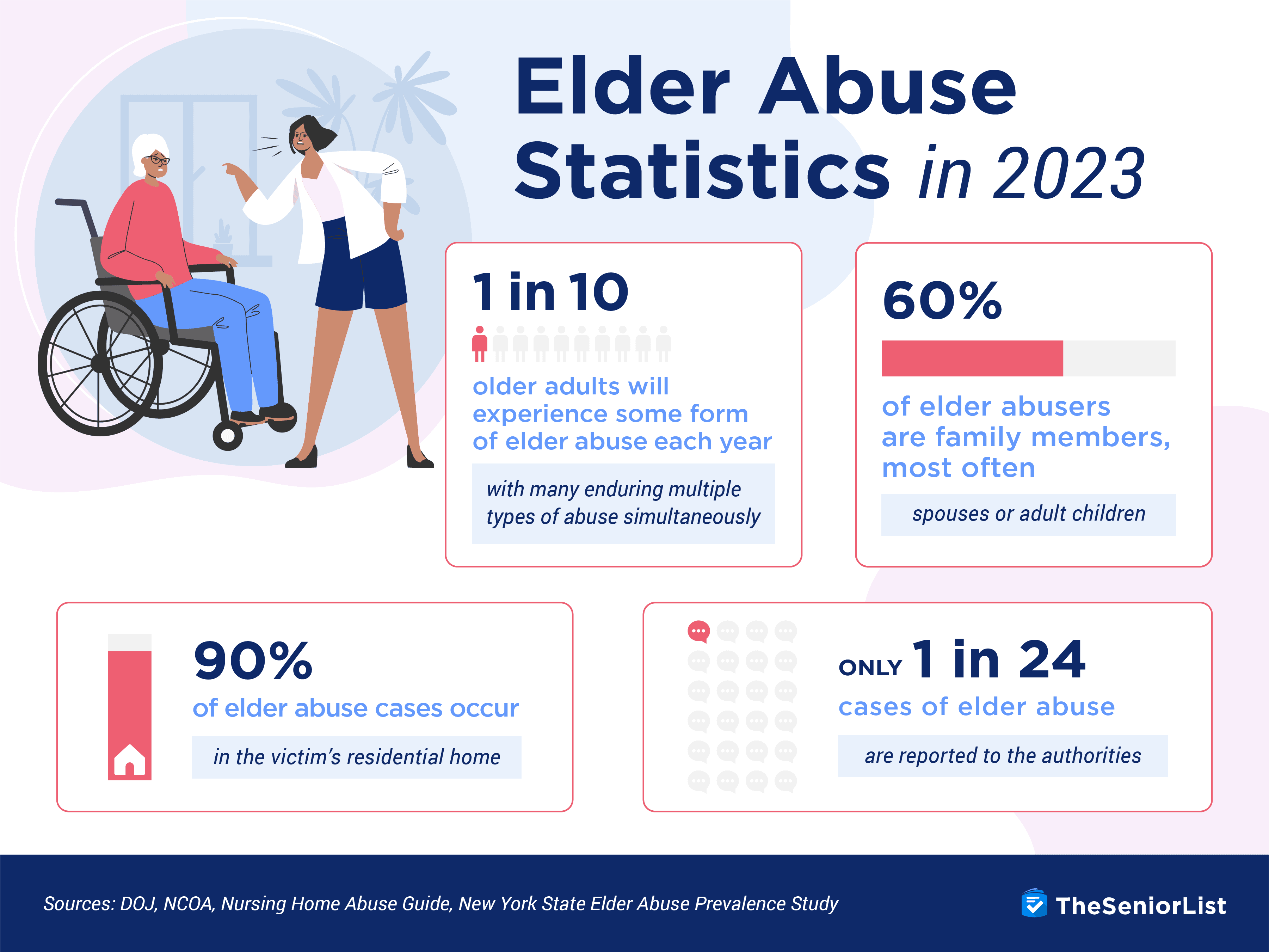How Much Does 24/7 In-Home Care Cost?
To answer your most basic question: An in-home caregiver costs a national average of $24 per hour, which works out to $4,032 per week and $17,280 per month for 24/7 care. However, costs vary significantly based on the type of round-the-clock care you select and the state where you live.
Because of this, you need a lot more information than just averages to determine what to expect financially.
FYI: New to the world of caregiving? Check out my guide, What Is a Caregiver, to learn about all things related to care, both skilled and unskilled.
How to Calculate the Cost of In-Home Care?
Many variables affect the cost of 24/7 in-home care. Rates vary most in relation to the level of care, number of employees required, type of overnight care, your geographic location, and your state’s caregiver licensing requirements.
Levels of 24/7 In-Home Care
Some seniors may need caregivers in their home for round-the-clock care, helping with occasional overnight needs. Others, especially those with memory disorders or severe mobility and incontinence issues, may need the aid of a carer several times each night.
The amount of care required each night can help you decide which type of overnight care is the best choice for your loved one: non-sleeping visits, sleeping visits, or a live-in caregiver. Each type is priced differently and impacts your overall in-home care cost. Living or sleeping accommodations available to the caregiver are also a negotiating factor.
Non-Sleeping Visits
Non-sleeping visits are the most expensive type of 24/7 in-home care and usually involve one to three carers who work eight- or 12-hour shifts. During these shifts, caregivers remain awake and attentive to the patient the entire time to help them with hydration, mobility, incontinence, disorientation, or other needs.
Using the $24 per hour average, on-sleeping caregiving costs about $17,280 per month or $210,240 annually. Having two caregivers per shift costs approximately $34,560 monthly.
Sleeping Visits
Sleeping visits are meant for older adults who need care and monitoring throughout the day but generally do well sleeping through the night. They may still bring a caregiver in for occasional nighttime help or simply for the peace of mind of knowing someone is available should they need assistance.
In this scenario, the home health aide can sleep when they're not performing their caregiver responsibilities. Patients use bells and other kinds of alerts to get a caregiver’s attention should they need help. You typically pay a fixed fee of anywhere between $120 to $200 for the 10- to 12-hour overnight shift. If you agree to $140 per night, 30 overnights will cost you $4,200. Add 12 hours of daytime care at $24 per hour, and you can expect to pay a total of $12,840 per month and $154,080 per year.
Live-In Caregiving
In exchange for room and board, live-in caregivers provide seniors help with everyday needs and activities and overnight emergency support. While this is often a win-win setup for both seniors and caregivers, conflicts can arise. To prevent problems, you must develop and sign a legally binding care contract that dictates the caregiver's duties and rate before the start of their employment.
Naturally, more hours of care are required as an older adult's needs increase or become more complex. As this occurs, expenses will also rise. Families with loved ones with degenerative diseases such as Parkinson's or dementia should budget for the extra care needed over time.
Did You Know: Did you know that it’s possible to keep your loved one with dementia living at home?
In-Home Care Cost Plans
Below, you’ll find four price estimates for in-home care, from just a few visits per week to around-the-clock. To provide estimates, we used the national median per-hour fee for in-home care of $24. This is based on data from Genworth’s cost of care survey.
- Seven hours per week: $728 a month: Seniors who remain mostly self-sufficient may do well with only a few brief care visits each week. I advise that you plan to pay for at least seven hours a week since most care agencies have a seven-hour per week minimum. During these visits, caregivers typically provide housekeeping, companionship, assistance with meal preparation, and more.
- 28 hours per week: $2,912 a month: Daily visits lasting 3-5 hours are ideal for older adults who experience loneliness and whose families work. Often, these individuals remain intellectually healthy but may require additional help with physical activities such as showering, getting dressed, preparing food, medication management, and completing other household chores. These individuals are usually capable of managing alone for a few hours a day.
- 44 hours per week: $4,576 a month: When a senior needs around-the-clock care or supervision and their family caregiver works full time, hiring in-home care for 44 hours a week to cover the family member’s weekly work hours is one solution. Older adults requiring this amount of care often need help with eating, toileting, bathing, and most other daily activities.
- 168 hours per week: $17,472 a month: Around-the-clock care usually involves two to three different caregivers who work 8-12 hour shifts to ensure each caregiver gets enough rest and downtime to remain alert while on duty. This amount of care is good for seniors who live alone or require constant supervision and need help with most daily activities – especially those with memory disorders. In addition, individuals recovering from illness, injury, or surgery may benefit from a few months of 24/7 in-home care.
FYI: For people with degenerative health disorders, the cost of 24/7 in-home care can be prohibitive. In these cases, you might want to consider memory care.
With Care.com, you can find trusted, local caregivers.

Hourly In-Home Care Costs by State
Most Affordable
- Louisiana- $17
- Alabama- $18
- Mississippi-$18.50
- West Virginia-$18.50
- Arkansas- $20
Least Affordable
- Minnesota -$33
- Washington -$31.63
- Rhode Island-$31
- Hawaii – $30
- New Hampshire-$29.25
Private vs. Agency In-Home Care
You have two routes in which to hire in-home care. Either you can go through a home health or caregiver agency, or you can hire privately. Naturally, each method has its pros and cons.
Private vs. Agency Home Care
| Private In-Home 24/7 Care | Agency In-Home 24/7 Care |
|---|---|
|
|
Costs of Home Care vs. Nursing Homes and Assisted Living
An abundance of considerations is involved in choosing in-home care or a residential care home. This includes: the patient’s preference, carer-to-patient ratio, quality of life, distance to family, access to health-care experts, and in-home care affordability. The chart below details the monthly and annual expenses for non-sleeping in-home care, nursing home costs, and assisted living costs.
| Type of Care | Monthly Cost | Annual Cost |
|---|---|---|
| 24/7 In-Home Care (non-sleeping) | $17,280 | $210,240 |
| Nursing Home | $8,821 | $105,850 |
| Assisted Living | $4,300 | $51,600 |
*estimates based on national averages
While price is often a weighty issue when deciding whether to choose home care or a facility, it’s important to remember that not all costs are financial. So before taking the leap, ask yourself if moving your loved one to a residential facility that may be two hours away is truly worth their happiness. If not, there may be options that can help you cut down the cost of in-home care.
Paying for In-Home Care
Budgeting for the in-home care of a parent, spouse, or other loved one can be a significant source of stress. Fortunately, not all your expenses have to come directly out of your pocket. Before you hand over your cash to pay for care, check out the variety of nonprofit and government funding options available:
Medicare
Original Medicare covers skilled nursing care, but only under strict guidelines. Under no circumstances does it cover custodial home care, which involves help with activities of daily living as well as assistance with health-related care that individuals can typically manage on their own.
To qualify for in-home care coverage with Medicare, your loved one’s care must meet the following requirements:
- Prescribed by a doctor
- For short-term use only
- Performed by a skilled medical professional
Even when home health is covered, time spent by skilled staff on non-medical service is still not covered. If, however, your loved one is enrolled in a Medicare Advantage plan, they may be eligible for some non-medical care coverage, depending on the plan. Always check with your Medicare Advantage provider to see what your specific plan covers.
Medicaid
In most states, Medicaid pays for the non-medical home care of low-income seniors, partly as a result of a recent push to delay moving seniors to residential institutions for as long as possible. But, of course, in areas where Medicaid does provide aid for home health expenses, it typically only covers part of the cost. To learn about your coverages, contact your state’s Medicaid offices.
Veteran Benefits
Several Veteran Affairs programs help pay for the in-home care of qualifying veterans. These include Aid and Attendance pensions, Veteran Directed Care, and Comprehensive Assistance for Family Caregivers. Each program has its unique requirements and benefits.
- Aid and Attendance Pension
- Veteran Directed Care
- Comprehensive Assistance for Family Caregivers
Long-Term Care Insurance
You or your loved one may have purchased a long-term care insurance policy years ago. If so, the policy likely covers caregiving and in-home care. However, you may need to satisfy specific requirements to ensure your plan will pay out.
Did You Know: Some permanent life insurance policies with cash value can be applied as long-term care insurance. Should the covered individual die, the death benefit reduces by the amount of money used for care.
Reverse Mortgage
Reverse mortgages, unlike regular mortgages, don’t require homeowners to make payments. Instead, they allow seniors over 62 to receive a monthly fee in exchange for a portion of their home equity. Reverse mortgages can be a great source of funding for in-home care. However, you should keep the following in mind:
- For a reverse mortgage to be worth it, the older adult needs to remain in their home for at least a few years.
- When you choose a reverse mortgage, you’re using up your home equity. As a result, there will be less inheritance value available to your family later on.
- Scammers often try to pose as reverse mortgage lenders, so you should always do your research.
Seniors who want a reverse mortgage must be at least 62 years old, own the property in its entirety, have no federal debt, and be the primary resident.
Reverse Mortgage Warning: Reverse mortgages are tricky. If you fail to pay for certain costs dictated in your reverse mortgage loans, such as property taxes, homeowner’s insurance, or maintenance, the lender has the right to evict you from your home. Always speak with an independent financial counselor before making any legally binding decisions.
Hiring In-Home Care
Once you’ve decided on in-home care rather than options like assisted living or nursing homes, it’s time to begin the hiring process.
- Assess your loved one’s personal, household, health, and emotional needs.
- Decide between hiring an agency or private caregivers.
- For agencies:
- Complete an internet search for home care agencies and compare their services with your needs.
- Read the reviews and make sure the companies you are interested in don’t have too many dissatisfied customers.
- From the remaining options, narrow down which ones you want to look at further.
- Interview and get quotes from your top choice agencies.
- Compare responses and quotes.
- Decide on an agency.
- For private caregivers:
- Search a caregiver registry or speak with your local senior center, faith organization, or Area Agency on Aging for recommendations.
- Contact caregivers you are interested in.
- Interview those who respond.
- Ask for and call references of your top two or three choices.
- Make a decision and set up a trial period to see them in action and get an idea of how well they relate to your loved one.
24/7 In-Home Care Frequently Asked Questions
-
What is the average cost of 24-hour home health care?
According to Genworth’s Cost of Care Survey, the median cost for 24/7 in-home care each month (672 hours per month) without insurance or discounts is between $17,000 and $17,500.
-
Is home health care cheaper than a nursing home?
In-home care is more expensive for 24/7 in-home care with sleeping or non-sleeping visits than a nursing home. Sleeping visits cost approximately $12,200 per month for in-home care with sleeping visits, and in-home care with non-sleeping visits has a median cost of about $17,000 per month. A private room at a nursing home costs $8,800 per month on average.
-
How much should you pay someone to sit with your loved one?
Hired individuals who simply provide older adults with companionship or help them run errands can be paid less than those providing more medical-based care. An hourly rate of around $15 is reasonable in most areas, but you should always ask around about what price points are most acceptable in your local area.
-
Is a caregiver considered self-employed?
Independent caregivers are considered household employees. Caregivers who work for an agency are generally employees of that agency.
-
What states pay family caregivers?
All 50 states have some type of program that allows a family member to receive payment for providing caregiving services to another family member. One example is Medicaid’s Cash and Counseling program. In addition, in many states, Community Care programs offer additional options for funding the payment of a family caregiver.





